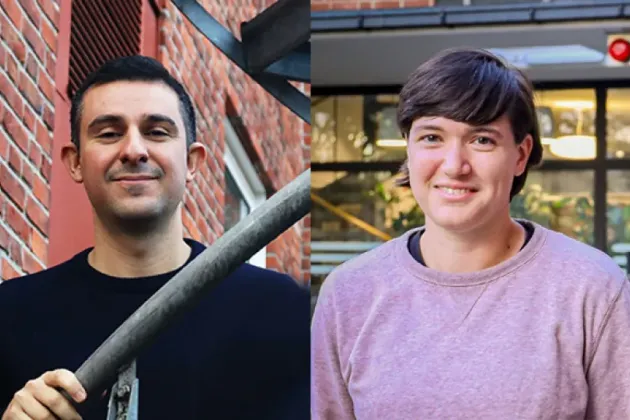For the ninth time, the Foundation for Strategic Research has appointed the Research Leaders of the Future. A total of 213 applications were received, of which 16 were selected. The researchers will receive a grant of SEK 15 million each over a five-year period and will participate in a comprehensive leadership training programme.
The Future Research Leaders 9 (FFL-9) program is aimed at young Swedish or foreign researchers with the highest scientific and pedagogical competence, who also demonstrate leadership potential. The researchers should have the ambition to implement research results in society, also outside of academia, and should later in their careers be able to assume responsibility for a constellation that is significantly larger than their own research group.
The research projects range from developing techniques for integrating soft robots around vessels for monitoring and improving function in cardiovascular diseases, to investigating the properties of high-dimensional quantum systems for applications in quantum communication and cryptography, to developing anode-free lithium batteries with high energy density and improved safety, applicable to aircraft or drones.


